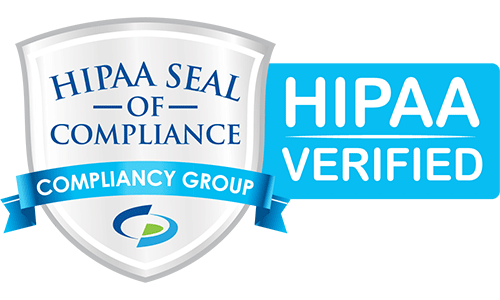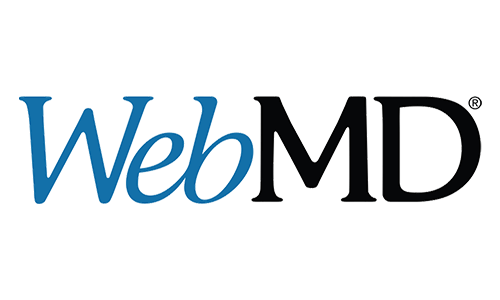What You Need to Know About Medical Website Design
People of all ages search online for information on doctors, paramedics, medical stores, and more when they need health care services. So, it’s vital to ensure that website is regularly updated with relevant information and is user-friendly. A good website can boost your online and local visibility by helping you connect with your target audience. Here are a few critical tips related to medical website designs.
HIPAA Compliance
Health Insurance Portability and Accountability Act or HIPAA compliance is an essential aspect any medical website should integrate. It aims to safeguard Protected Health Information (PHI) and defines the criteria for managing and saving your patients' personal information. This includes your patients’ medical history, information relating to disorders, insurance, financial status, and other information. The Act asserts that all health-related data of patients must be kept confidential.
User Friendly
People prefer multitasking because it saves time and a user-friendly website makes this possible. So, ensure your website is easily accessible to the users. It’s best to choose a mobile-friendly web design that works on various screen sizes. This enables easy navigation from a computer, tablet, or smartphone. Additionally, your website should be responsive and provide the information people seek.
Hamburger Menu
The Hamburger menu is usually represented as three stacks of lines on the top right corner of your page. It opens a menu or navigation bar with a single click. This menu is a space-saving provision and works best for small screen devices. So if you want your website to be user-friendly on all screen types, it’s best to integrate a Hamburger menu.
Right Pictures and Imagery
It is essential to select appropriate images for the different pages and segments of your website. Genuine and realistic pictures that patients can relate to easily are always the best choice. It’s recommended you conduct an in-house photoshoot in your clinic or hospital to click images that showcase your facility, staff, and services in their best light.
Reviews
Quality reviews add to your credibility, so ensure you include patient feedback and reviews on your website. Enable automated systems and provision for patients to leave doctor reviews. Positive ratings and reviews enhance your business's ranking.
On-Page Search Engine Optimization
Your website should have elements that will raise its search engine rankings. This is where effective SEO strategies become essential. Using the right keywords, backlinks and titles can make all the difference and cause your rankings to soar.
Patient-Centric Website
Prioritize patient’s expectations in your website design. You can do this by ensuring your content is simple, relevant, and easily understandable. It’s best to avoid negative tones. You can connect better with your patients and win their confidence by projecting reassurance and compassion through your content.
It is also vital to provide options for live chats, online appointment bookings, and bill payment on the website. Additionally, it would be a good idea to add web forms, automated prescriptions, and online updating options for review checkups, vaccinations, and more to make your website more patient-centric.
Reach out to the Clinician Box, 212 N 2nd St, Richmond, KY 40475, USA, if you need professional help with your medical website. Our professionals specialize in designing and building healthcare websites and offering digital marketing services to healthcare providers. Delivering with a sense of accuracy and credibility is their hallmark. The needs and convenience of your audience are our top priority, and we will do everything to ensure your website is patient-friendly, updated, and responsive.















